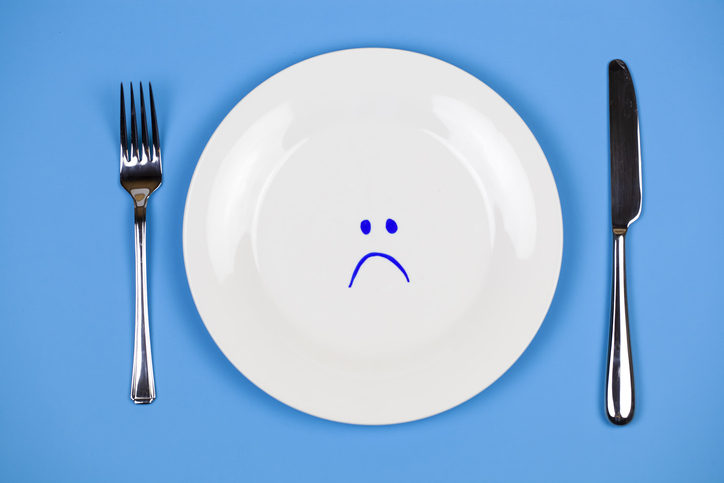
Source: mikroman6 / Getty
Though there is nothing one likes to think about eating disorders, perhaps we all take some comfort in believing that, if we are grown adults, and everyone around us are also adults, that we are far away from the issue—that anyone who has had an eating disorder, has since recovered. Many of us associate eating disorders with women, and specifically with young women (middle school through college age). But research has found that eating disorders affect people of all genders, ethnicities, and ages. In fact, 13 percent of women over the age of 50 suffer from some disordered eating behavior. Over the age of 50. Those could be mothers. Those could be grandmothers. Those could be bosses and CEOs. Even the adults whom you believe have their life completely together could suffer from disordered eating. And, it’s much easier for adults to hide it since, at a certain age, most people just consider it not their business to pry into the lifestyle choices of another adult. Here are ways adults hide eating disorders in plain sight.

Source: FatCamera / Getty
Being rigid about workout schedules
Everyone can respect dedication to fitness, which is something those with eating disorders may take cover under when being extremely rigid about workout times. That means never, ever cancelling a workout for anything (even if it means getting up at 4am to exercise before a flight) and never cutting a workout short for anything (like leaving the treadmill 12 minutes before end time due to a family emergency).









